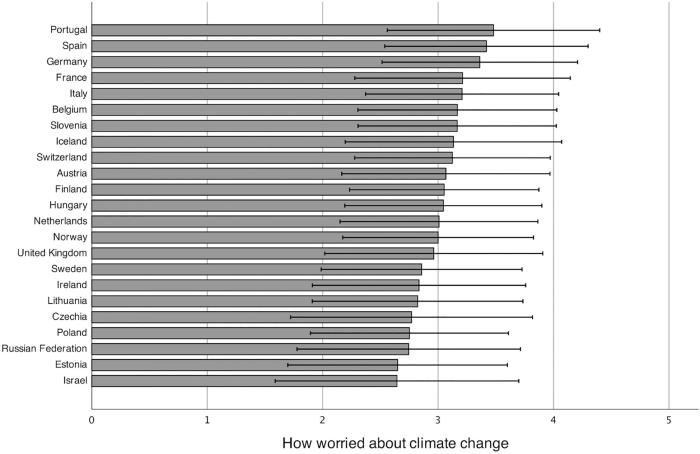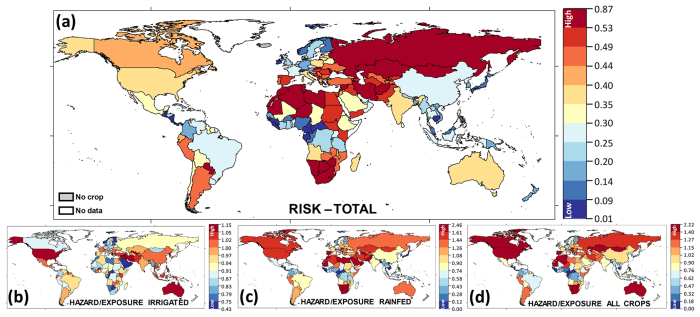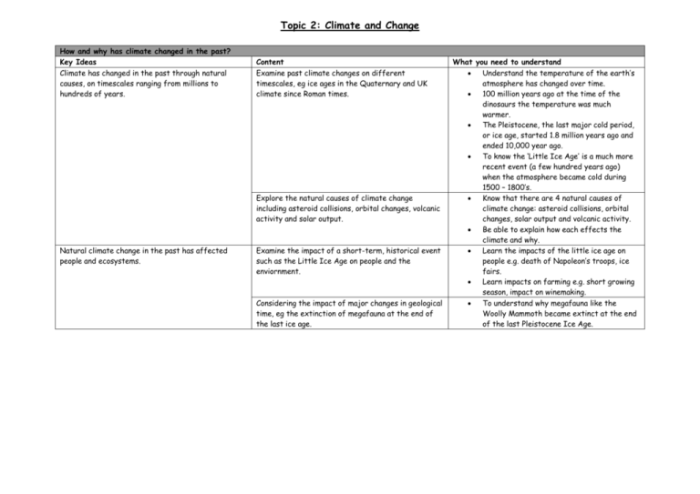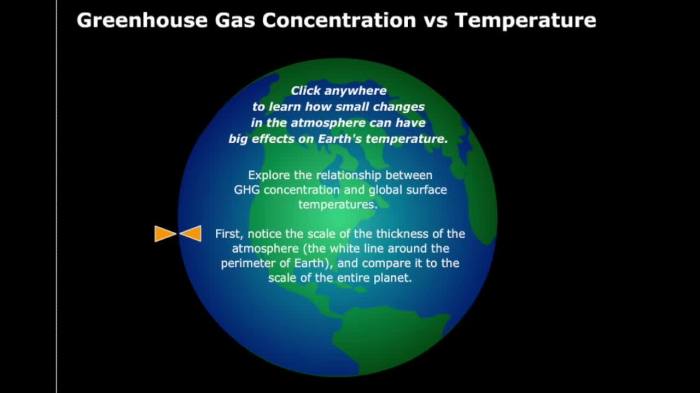Introducing the Global Climate Change POGIL Answer Key, an indispensable resource that empowers educators and students to delve into the complexities of climate change. This comprehensive guide unveils the causes and impacts of this pressing issue, while providing actionable strategies for mitigation and adaptation.
Through engaging activities and thought-provoking discussions, the Global Climate Change POGIL Answer Key fosters a deep understanding of the scientific, societal, and ethical dimensions of climate change. It equips learners with the knowledge and skills necessary to make informed decisions and contribute to a more sustainable future.
Global Climate Change: Causes and Impacts: Global Climate Change Pogil Answer Key

Global climate change refers to the long-term changes in Earth’s climate system, primarily driven by human activities that release greenhouse gases into the atmosphere. These changes have profound impacts on various ecosystems, regions, and populations worldwide.
Causes of Global Climate Change, Global climate change pogil answer key
- Burning fossil fuels (coal, oil, natural gas) releases carbon dioxide and other greenhouse gases into the atmosphere.
- Deforestation reduces the Earth’s ability to absorb carbon dioxide.
- Industrial processes release greenhouse gases as byproducts.
- Agricultural activities, such as livestock production and rice cultivation, contribute to methane and nitrous oxide emissions.
Impacts of Global Climate Change
- Rising sea levels due to thermal expansion of ocean water and melting glaciers.
- Increased frequency and intensity of extreme weather events, such as hurricanes, floods, and heatwaves.
- Changes in precipitation patterns, leading to droughts in some regions and floods in others.
- Impacts on ecosystems, including habitat loss, species extinction, and disruption of food chains.
| Causes | Impacts |
|---|---|
| Burning fossil fuels | Increased atmospheric carbon dioxide levels, leading to global warming |
| Deforestation | Reduced carbon dioxide absorption, contributing to higher atmospheric levels |
| Industrial processes | Release of greenhouse gases, such as methane and nitrous oxide |
| Agricultural activities | Methane and nitrous oxide emissions from livestock and rice cultivation |
| Rising sea levels | Coastal erosion, flooding, and displacement of populations |
| Extreme weather events | Increased frequency and intensity of hurricanes, floods, and heatwaves |
| Changes in precipitation patterns | Droughts and floods, affecting water availability and agricultural productivity |
| Ecosystem impacts | Habitat loss, species extinction, and disruption of food chains |
Clarifying Questions
What is the primary cause of global climate change?
Human activities, particularly the burning of fossil fuels, which release greenhouse gases into the atmosphere.
What are the key impacts of climate change on ecosystems?
Rising sea levels, increased frequency and intensity of extreme weather events, changes in biodiversity, and disruptions to food chains.
What are the main strategies for mitigating climate change?
Reducing greenhouse gas emissions through renewable energy, energy efficiency, and carbon capture and storage.
What is the importance of climate justice?
Ensuring that the burdens and benefits of climate change are equitably distributed, particularly for vulnerable communities and developing countries.


